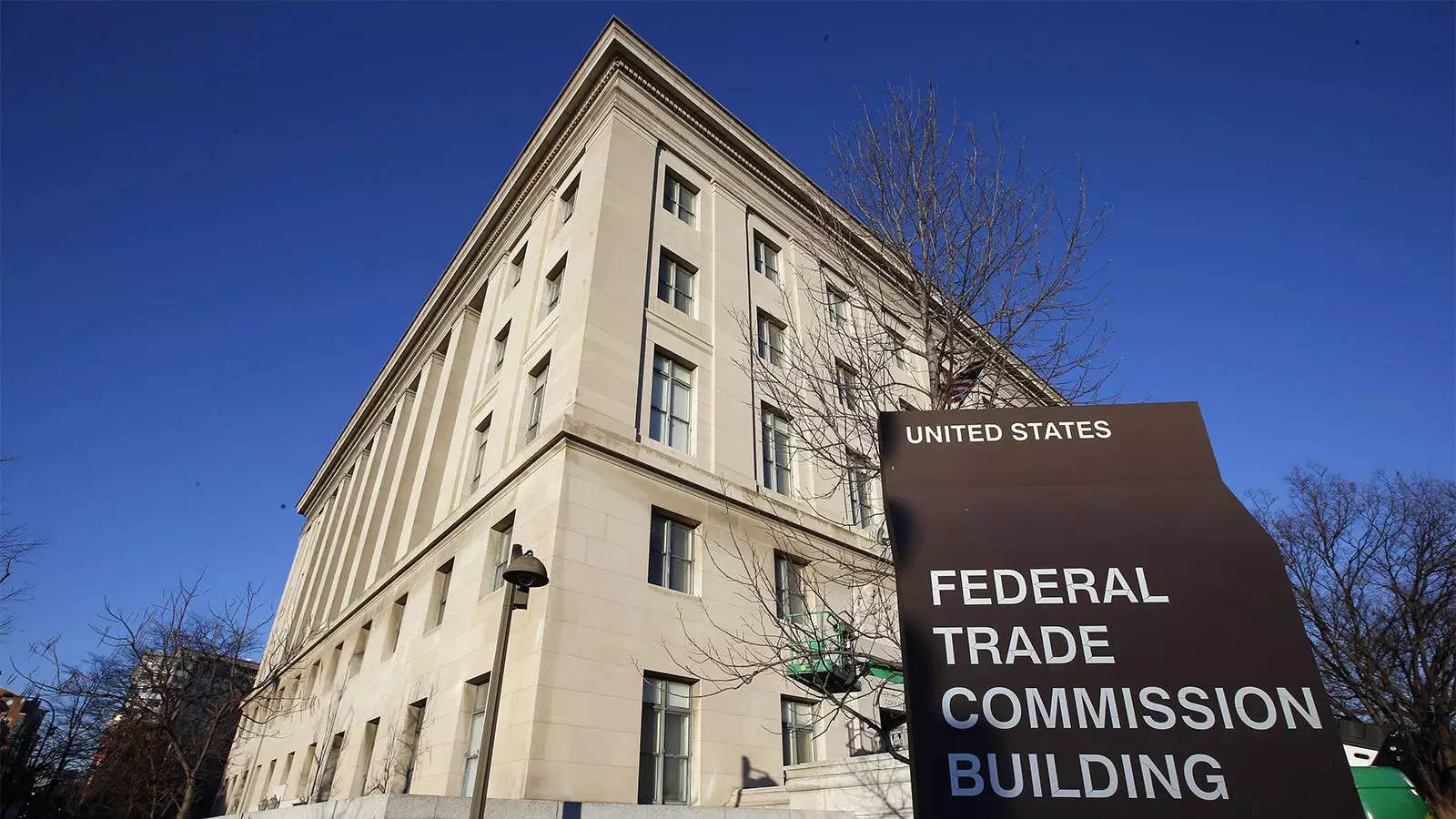In a significant development in the realm of healthcare pricing, the federal government has initiated legal proceedings against three major pharmacy benefit managers (PBMs): Caremark, Express Scripts, and OptumRx. Allegations are centered on a rebating system that selectively favors higher list prices for insulin, a critical medication for diabetes patients. This lawsuit, spearheaded by the Federal Trade Commission (FTC), underscores the complexities and perceived inequities embedded within America’s prescription drug pricing structure.
The Role of Pharmacy Benefit Managers
The primary function of PBMs is to manage prescription drug benefits for insurers, employers, and other stakeholders. These entities control formularies—essentially, the agreed-upon list of covered medications—and negotiate rebates with pharmaceutical manufacturers. While PBMs assert that they mitigate overall drug costs and pass savings onto their clients, the FTC contends that certain practices contribute to an inflated pricing framework, particularly affecting the accessibility of essential medicines like insulin.
The crux of the FTC’s argument hinges on the manipulation of list prices, which are the prices set by drug manufacturers before any discounts or rebates. For countless Americans, particularly those without insurance or those with high-deductible plans, these list prices are often the amounts they end up paying out-of-pocket. This contentious issue is magnified in the current political climate, where the rising costs of prescription drugs, especially insulin, have captured the spotlight during presidential campaigns.
Rising insulin prices are not merely a statistic; they represent a pressing health crisis for millions of diabetes patients across the United States. Insulin’s affordability is crucial, as it is not just a medication but a lifeline. The FTC’s accusation that PBMs prioritize high list price insulins over more affordable alternatives raises serious ethical questions. Patients are left to navigate the financial burden of inflated prices, a situation that provokes public outcry and political discourse.
The reaction of the implicated PBMs has been one of staunch denial. Caremark claims to provide significant discounts, while Express Scripts criticized the FTC for politicizing the issue without a firm grasp of the pharmaceutical pricing landscape. Meanwhile, Optum defended its practices, arguing that they serve as a necessary counterbalance to the pharmaceutical industry’s pricing power. These rebuttals suggest a broader disconnect between regulatory agencies and the practices of PBMs, indicating a potential need for clearer guidelines and reforms.
In light of the FTC’s ongoing inquiry into the practices of PBMs, the legal ramifications could extend beyond just these three companies. The implications might provoke a reevaluation of how prescription drug pricing operates in the U.S. market. With 80% of prescriptions processed by the firms in question, any changes in policy or structure could potentially reshape the healthcare landscape and affect countless patients who rely on vital medications.
As the investigation unfolds, the dialogue surrounding pharmaceutical pricing, consumer protection, and market fairness continues to grow in urgency. The outcome of this lawsuit could set a significant precedent in how PBMs operate and how they relate to both pharmaceutical companies and the patients they serve. The unfolding legal battle is not merely about the price of insulin; it is emblematic of the larger struggles facing the U.S. healthcare system—struggles that call for transparency, accountability, and most importantly, a system that prioritizes patient welfare over profits.

Leave a Reply